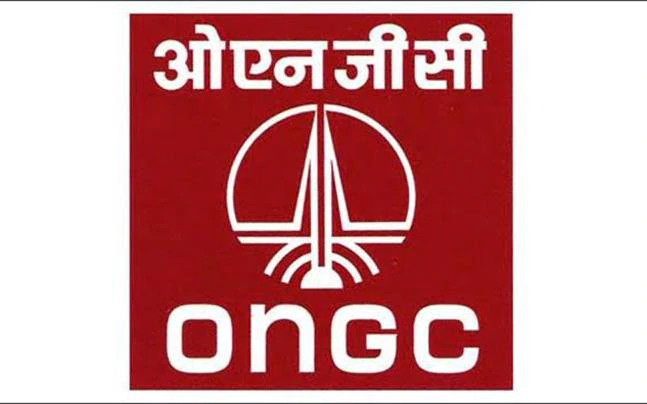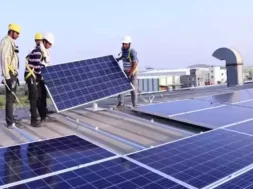
Bureaucrat Manu Srivastava pointed out that power consumers are currently facing a number of problems that has slowed down the growth of solar energy sector in India
Discoms feeling uncomfortable with increasing solar footprint, policies governing solar energy sector being unclear, and slow uptake of rooftop solar power systems — these are some of the issues holding back the growth of solar energy in the country.
In a webinar organised by the Centre for Science and Environment (CSE) on Wednesday to better understand net metering for consumers in India, which is considered crucial for increasing private investments in solar energy, experts discussed the various problems affecting the sector and the way forward.
Explaining the concept of net metering while moderating the online discussion, Maitreyi Karthik, deputy programme manager of renewable energy at CSE, said it applies to consumers who have a grid connection with enough rooftop space and load available at a particular location.
One of the participants, bureaucrat Manu Srivastava pointed out that power consumers are currently facing a number of problems that has slowed down the growth of solar energy sector in India.
“The biggest reason is the resistance shown by discoms. And the way to overcome this is moving away from net metering, which gives all the advantage to the consumers to net billing, which also takes into consideration the interests of discoms. In net billing, the rates are flexible and decided by discoms,” said Srivastava, principal secretary, technical education, skill development and employment department of Madhya Pradesh government.
Jay C Shiv, programme director, renewable energy, CSE, said: “Installation of more than 53 gigawatt (GW) of ground-mounted solar PV has been achieved against the target of 60 GW; however, the progress for solar rooftop projects is only 9 GW against the target of 40 GW.”
A parliamentary panel, in a report in March, attributed low installation of solar rooftop and wind energy projects as key reasons for the shortfall in achieving India’s renewable energy capacity target by 2022. However, renewable energy capacity of 120.90 GW has been installed in the country as of December 31, 2022 which is about 69 per cent of the overall target, the Standing Committee on Energy said in its report.
Meanwhile, Tirupur-based solar energy company Mangla Smart Energy Solutions CEO Vimal Kumar, another participant, said the government should look beyond capital subsidy. “I think there should be a stronger, technically sound policy for the entire country,” he opined.
Kumar also felt that the intentions should be well thought out when framing billing mechanisms. “For instance, in Tamil Nadu there is something called network charges, which is 1.48 paise for a unit generated. This is very high and this charge is also calculated on the expected units which are mostly more than the actual ones shown on the inverter,” Kumar said.
He also flagged the lengthy and time-consuming process for approvals of larger capacity rooftop solar setups.
Sunit Mathur, general manager of Rajasthan Renewable Energy Corporation Limited, agreed that solar energy sector lacks a level playing field. Despite it being clean, green, and sustainable, the solar sector does not have clear-cut policies to support its growth, he added.
Besides, Srivastava also chimed in saying that constant changes in policies confuse the consumers. “To give an example, in the net metering, initially the consumers were allowed 1 MW. This came down to 10 KW, which was nothing. Now, the 2020 amendment of the Electricity (Rights of Consumer) Rules, minimum is set at 500 KW, with states given the right to decide what is best for them. This can be very confusing to people,” he added.
Kumar summed up the webinar stating that before going for energy sustainability, the country needs to work on a sustainable policy first. “And the government should do what it can to encourage people, as the return on investment in this sector can be achieved only in 10 to 12 years. For instance, there is a lot of talk on giving some kind of special privileges to people who have signed up for both electric vehicles and solar photovoltaics in Tamil Nadu. This can be a game changer here,” the solar energy firm owner said.














